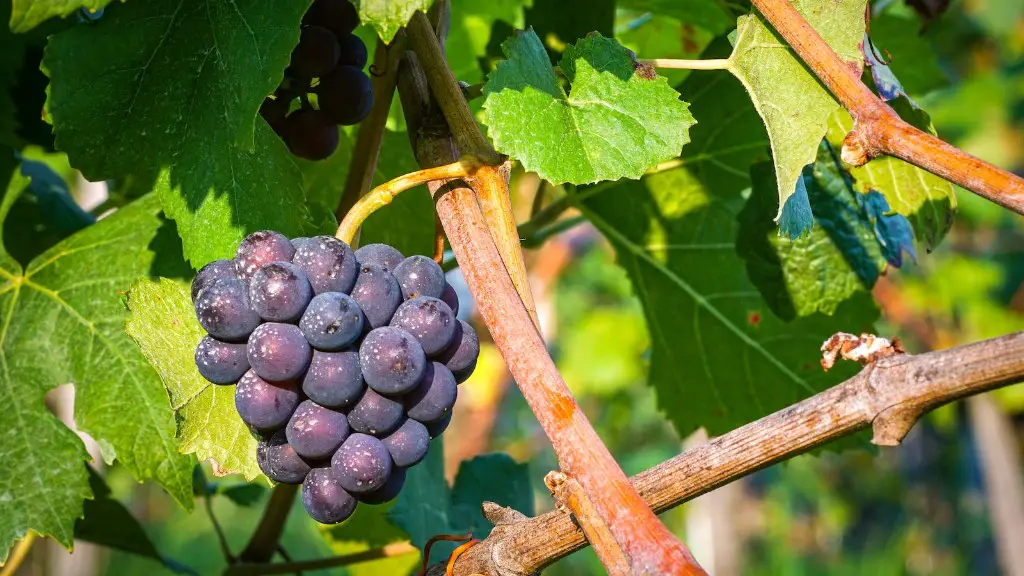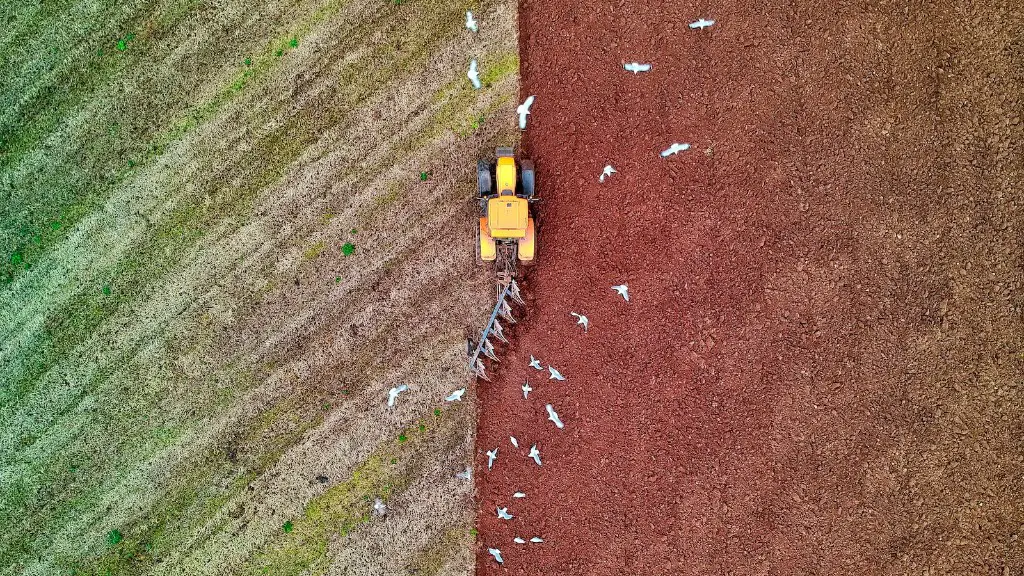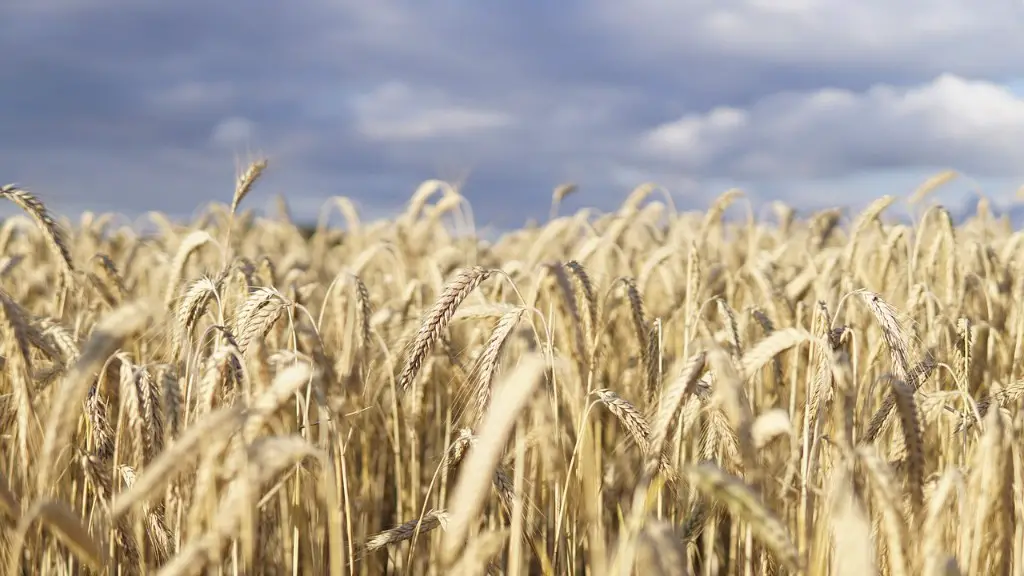The principles of agriculture are the basic guidelines for farming and ranching. They are based on the natural resources of the land, the climate, and the plants and animals that live there. The principles of agriculture help farmers and ranchers to use the land wisely and to produce food, fiber, and other products that are safe and healthy for people and the environment.
The principles of agriculture are the essential, underlying factors that make agriculture possible. They are the basic components of farming and ranching and are often called the “foundation” of agricultural production.
What are the three principles of sustainable agriculture?
The basic goals of sustainable agriculture are to produce food and fiber in an environmentally sound manner, to be economically profitable, and to provide social and economic equity. Sustainable agriculture is an approach to food production that is based on three main principles: environmental health, economic profitability, and social and economic equity.
Organic agriculture should be based on living ecological systems and cycles, which means working with them, emulating them, and helping sustain them. This principle roots organic agriculture within living ecological systems, and states that production should be based on ecological processes and recycling.
What are the 3 components of agriculture
Conservation agriculture is a type of farming that focuses on three main goals: minimizing soil disturbance, maintaining a soil cover, and rotating or planting crops in association with each other. This type of agriculture is recommended by the Food and Agriculture Organization of the United Nations as a way to help conserve our natural resources and promote more sustainable farming practices.
Long-term stewardship of both natural and human resources is essential for agricultural sustainability. This means using resources in a way that meets the needs of the present without compromising the ability of future generations to meet their own needs. We must be careful not to overuse or pollute our land and water resources, and to conserve our soil and biodiversity. We must also invest in human resources, by providing education and training to farmers and other agricultural workers.
What is the main goal of agriculture?
The world’s population is projected to increase sharply in the coming years, which will put a strain on the world’s resources. Agriculture will need to increase production to meet the needs of the growing population, while also protecting the environment and sustaining the economic viability of agriculture systems.
In order to generate employment and to improve the per capita income, the government should focus on creating more job opportunities in the rural areas. This will help to reduce the difference between rural and urban areas. Moreover, improving the nutritional standards will help to improve the health of the people.
What are the 4 principles of organic farming?
Organic farmers and eaters strive to achieve more health, ecology, fairness, and care on our planet. These are the 4 organic principles that the pioneers of organic were working towards. Today, organic farmers and eaters continue to work towards these goals to make our planet a healthier and more sustainable place.
The principle of health is the most important principle out of the four. It emphasize on the importance of having a healthy soil. If the soil is healthy, then it will grow healthy crops which in turn will lead to healthy animals. This principle is the foundation of the other three principles.
What are the 4 types of organic farming
Crop rotation, green manures and compost, biological pest control, and mechanical cultivation are all methods used in organic farming. Crop rotation helps to replenish the nutrients in the soil, green manures add organic matter to the soil, and compost helps to improve the soil structure. Biological pest control helps to keep pests under control, and mechanical cultivation helps to loosen the soil and improve drainage.
The importance of agriculture goes beyond just producing food. Agriculture is a major source of income and employment for many countries, and it plays a vital role in the economy. Agriculture is also a key sector in terms of environmental sustainability and combating climate change.
What are the 7 steps of agriculture?
The 7 steps involved in agricultural practices are mentioned below:
ploughing: breaking up, turning over and disturbance of soil to a depth of 15-20 cm using a plough.
Sowing: It is the process of sowing seeds in the field.
Adding nutrients: Fertilizers and manure are added to the soil to improve its fertility.
Irrigation: It is the process of watering the crops.
Protecting plants: Pesticides are used to protect plants from diseases and pests.
Harvesting: It is the process of gathering the mature crop from the field.
Storage: The crop is stored in a safe place to avoid damage and loss.
Crop production is the branch of agriculture that deals with the cultivation of crops. This includes the planning and management of the crop production process, as well as theactual physical production of the crops. Crop production also encompasses the study of the agricultural economics and agricultural engineering associated with crop production.
What are the seven principles of farm management
Farming is a complex activity that relies on a number of principles in order to be successful. The following are six of the most important principles that any farmer should be aware of:
a) The principle of variable proportions, or the laws of returns, state that as more of a particular input is used, the marginal return from that input will eventually start to decrease. This is due to the fact that there are only a limited number of resources available, and so using more of one input will mean that less of another can be used.
b) The cost principle states that farmers should aim to produce their goods at the lowest possible cost. This will involve using the most efficient inputs and methods possible in order to maximize output while minimizing expenditure.
c) The principle of substitution between inputs states that farmers should constantly be looking for ways to substitute one input for another. This could involve using a less expensive input that is equally effective, or using an input that is more readily available.
d) The equi-marginal returns principle, or the opportunity cost principle, states that farmers should allocate their resources in such a way that they are earning the same return from each activity. This means that they should not be putting all of their eggs in
Agriculture is vital to the health of our ecosystems. The increase in biodiversity will lead to healthier soil, less erosion, better water conservation, and healthier pollinators. This, in turn, will create the enabling environment for a more sustainable future.
What are 3 reasons why agriculture is important?
1. Agriculture provides the main source of raw materials for industries.
2. It is important to international trade.
3. It plays a big role in a nation’s revenue.
4. It provides employment.
5. It’s crucial to a country’s development.
6. It can help heal the environment.
7. It goes hand-in-hand with war.
8. It’s a key sector in the economy.
Agriculture plays a critical role in the entire life of a given economy. Agriculture is the backbone of the economic system of a given country. In addition to providing food and raw material, agriculture also provides employment opportunities to a very large percentage of the population.
Final Words
The four principles of agriculture are:
1. Crop rotation
2. Soil conservation
3. Water conservation
4. Pest management
The principles of agriculture can be divided into four main categories:
1. Soil fertility and management
2. Crop rotation
3. Irrigation
4. Livestock





